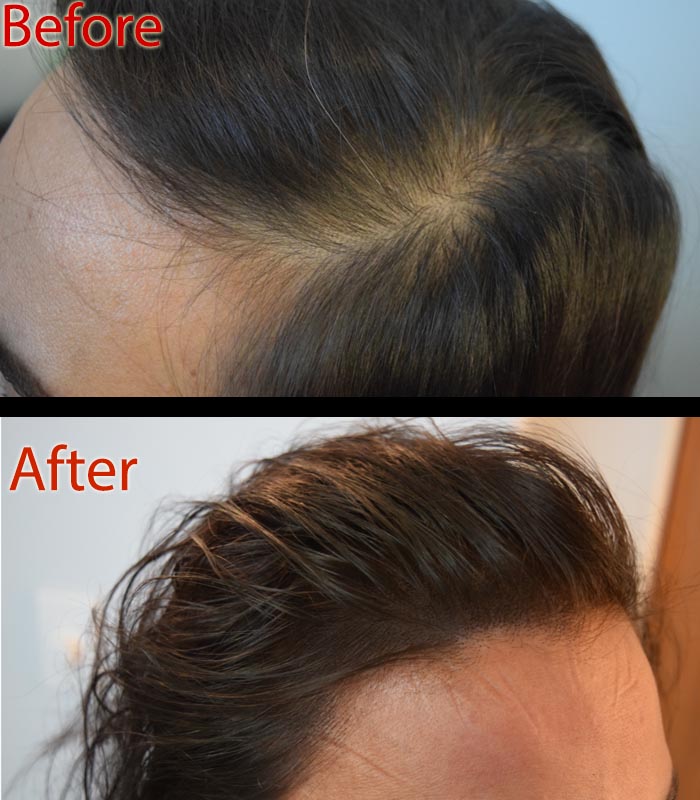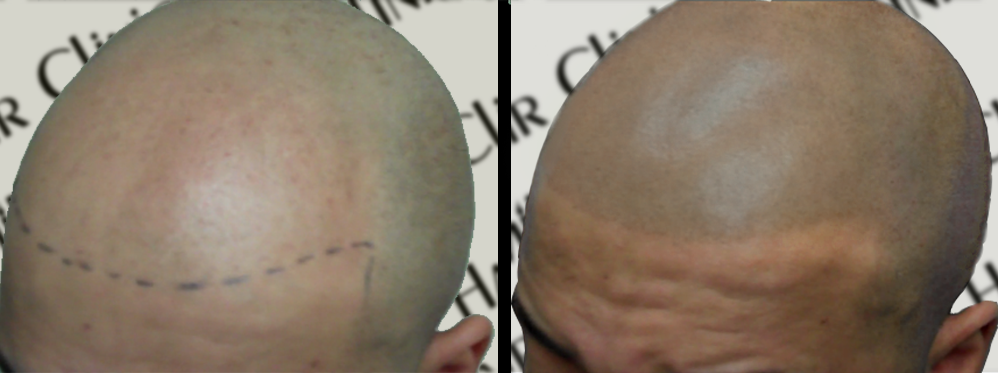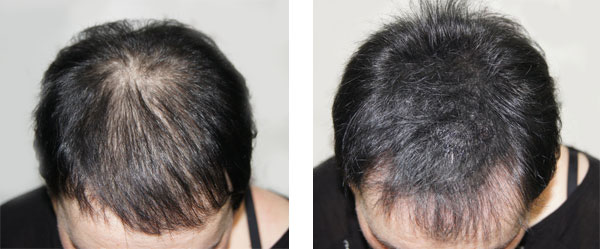Can contraceptives cause hair loss? Or is there a connection between birth control pills and hair loss in women? No doubt, contraceptives are a popular way to control unwanted pregnancy, but they do come with their share of side effects. Is hair loss a side effect too? All forms of birth control can cause hair loss. This includes hormonal injections, skin patches, and oral pills. Even implants can have an adverse effect on hair growth.
Birth Control Pills and Hair Loss: How Do Contraceptives Work?
Birth control pills prevent the ovaries from releasing eggs when you are menstruating. They thicken cervical mucus and prevent sperm from entering the cervix. This ensures that the sperm does not come into contact with eggs. Sadly, the pill can interfere with the normal hair growth cycle. Temporary hair loss may be experienced as the contraceptive impacts the natural hormonal cycle and causes hormonal imbalance.
Do Birth Control Pills Cause Balding?
Some birth control pills contain progestin hormones. Progestin causes androgenic activity in women. That means it behaves like male hormones and binds to androgen receptors, thus increasing androgenetic activity and triggering hair loss.
Your family history of female pattern baldness puts you at a higher risk of contraceptive-related hair loss. If you are concerned about it, you may take a contraceptive with a low androgen index. Such pills are less likely to cause hair loss. Or you may talk to your doctor about an alternative birth control pill that won’t affect your hair.
There are certain pills that cause a spike in estrogen levels, which helps stimulate hair growth. But as soon as you stop taking the pill, the hair starts to shed once again.
How To Manage the Link Between Birth Control Pills and Hair Loss?
Birth control-related hair loss is not permanent. Once you stop taking the pill, your hair should return to normal within six months. But if you cannot wait for hair to grow and are not disturbed at the sight of hair loss, you could try other hair restoration options instead. The goal is to improve your overall looks and youthful appearance even as you lose hair due to contraceptive use.
There are certain medications that might help speed up the process of hair growth. But medications come with their share of side effects. You never know what effects a new pill might have on your overall health. So what is the best solution here?
The SMP Advantage
When you want to restore your self-esteem and return to a normal confident self, look for an alternative that can help your personality goals. Scalp micropigmentation, for example, is a hair restoration alternative that provides you with a safe option to conceal your scalp problems. SMP can create the appearance of hair follicles by adding pigmented dots.
Talk to an experienced SMP practitioner in Scottsdale about your concerns and find out if scalp micropigmentation is a solution for you. The best team of scalp artists in Scottsdale is available at DermiMatch. They have a proven track record of helping clients with various scalp concerns.
DermiMatch uses the best quality HD ink that is long-lasting and requires no dilution. It effectively hides scalp problems, such as thinning hair or receding hairline and even bald patches. Get in touch with scalp experts today and take a new step toward a confident self!



